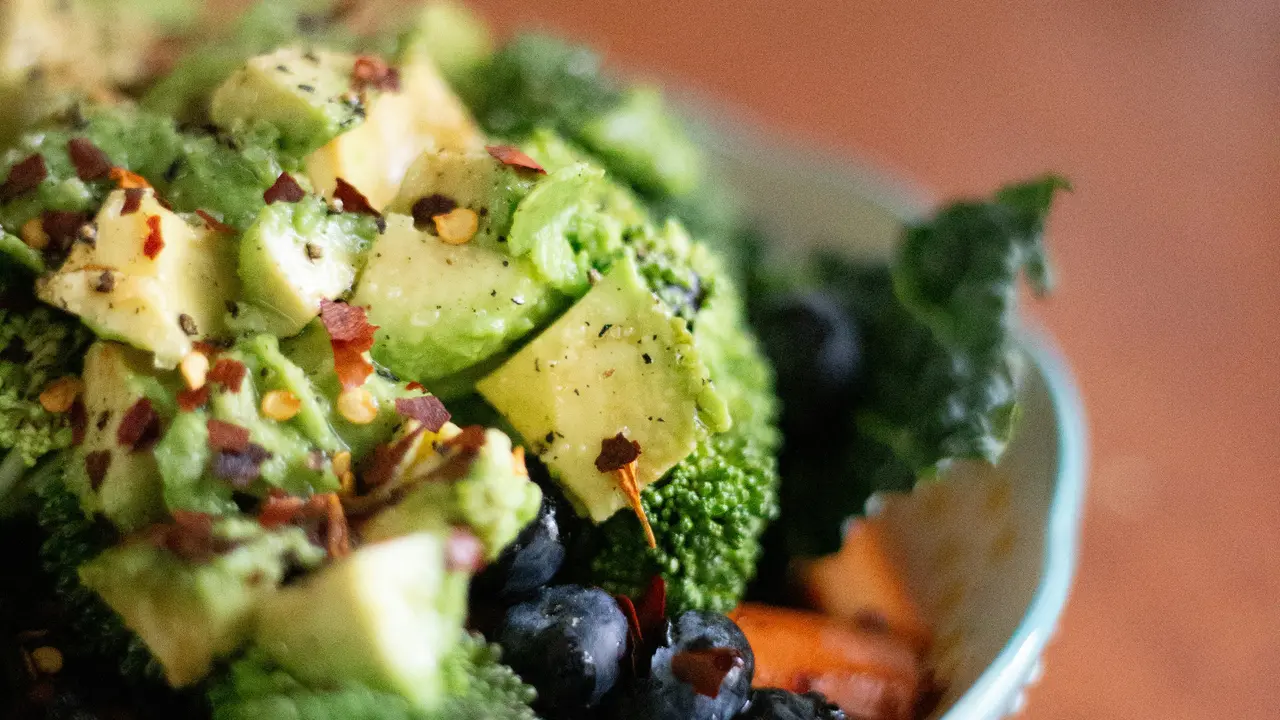Have you ever found yourself wondering, “does protein bars give you gas?” It’s a common concern for fitness enthusiasts and casual snackers alike. In this article, we will dive deep into the surprising truth about protein bars and their potential to cause gas. From ingredients to digestion, let’s uncover what you need to know before munching on your next protein-packed treat!
Understanding Protein Bars and Their Ingredients
What Are Protein Bars Made Of?
Protein bars are often marketed as convenient snacks for those looking to boost their protein intake. However, their ingredients can vary widely. Common components include:
- Protein sources (whey, soy, pea)
- Carbohydrates (sugars, fiber)
- Fats (nuts, oils, chocolate)
- Additives (flavorings, sweeteners)
These ingredients can play a significant role in whether or not protein bars give you gas. For example, certain types of protein can be harder to digest, leading to gastrointestinal discomfort.
How Ingredients Affect Gas Production
When considering whether protein bars can lead to gas, it’s important to recognize how specific ingredients contribute to this issue:
- **Whey Protein:** Some individuals may be lactose intolerant, making whey protein a potential culprit for gas.
- **Fiber Content:** High-fiber bars can improve digestion for many, but they can also lead to gas if consumed in excess.
- **Sugar Alcohols:** Often used as sweeteners, these can cause digestive distress for some people, leading to gas and bloating.
Digestive Health and Protein Bars
How Your Body Processes Protein Bars
Understanding how your body digests protein bars can help clarify if they are likely to cause gas. The process includes:
- The stomach begins digestion by breaking down food with acids and enzymes.
- Proteins are further broken down by enzymes like pepsin.
- In the intestines, fibers and incomplete proteins may ferment, leading to gas production.
Subsequently, individuals who have sensitivities to certain types of protein or fiber may experience gas after consuming protein bars.
The Role of Gut Microbiota
Your gut microbiome significantly influences how you digest functions, including the fermentation of food. A balanced gut flora can help minimize gas production. However:
- Supplemental protein bars may alter the composition of gut bacteria.
- Introducing new or high-fiber foods might disrupt digestive balance temporarily.
Can Everyone Eat Protein Bars Without Issues?
Individual Tolerance Levels
Not everyone experiences gas from protein bars. Individual tolerance levels can vary based on various factors, such as:
- **Personal Digestive Health:** Those with underlying digestive conditions may be more prone to gas.
- **Dietary Habits:** A sudden increase in protein or fiber intake can lead to gas.
- **Type of Protein:** Some people might react differently to whey, soy, or plant-based proteins.
Identifying Your Reaction
To determine if protein bars give you gas, consider conducting a simple experiment:
- Start with one type of protein bar.
- Note any digestive reactions within the next few hours.
- Adjust your choices based on your observations.
This method can help you understand how your body responds to various bars without jumping to conclusions.
How to Choose Protein Bars Wisely
Opt for High-Quality Ingredients
When selecting protein bars, focus on products that prioritize quality ingredients. Look for:
- Minimal processed sugars and additives
- Natural protein sources
- Adequate fiber without excessive amounts
Choosing bars with wholesome ingredients can help reduce the likelihood of gas.
Experiment with Different Brands
Not all protein bars are created equal. Experimenting with different brands can help pinpoint which ones your body tolerates best. Pay attention to:
- The type of protein used
- The sugar and fiber content
- Your body’s response to specific bars
Finding a suitable bar can enhance your snacking experience while minimizing digestive discomfort.
Conclusion: The Final Word on Protein Bars and Gas
In conclusion, the question “does protein bars give you gas” doesn’t have a one-size-fits-all answer. The potential for gas varies based on individual digestive health, ingredients, and overall diet. By choosing high-quality bars and being mindful of your body’s responses, you can enjoy the benefits of protein bars without the discomfort of gas. If you found this information helpful, consider sharing it with friends or check out our other articles for more tips on nutrition and fitness!
Protein – Recent Articles
- How Much Protein in Cooked Shrimp? Discover the Surprising Facts!
- How Much Protein in a LB of Shrimp? Discover the Surprising Truth!
- Does Shrimp or Steak Have More Protein? Discover the Truth!
- Where to Buy Protein in Pokémon Violet: Your Ultimate Guide!
- Is Vega Protein Powder Gluten Free? Discover the Truth!
Protein – Useful Links
- Harvard T.H. Chan — The Nutrition Source: Protein
- Nutrition.gov — Proteins
- USDA FoodData Central
- Protein Information Resource (PIR / UniProt related resource)
- HelpGuide — Choosing Healthy Protein
